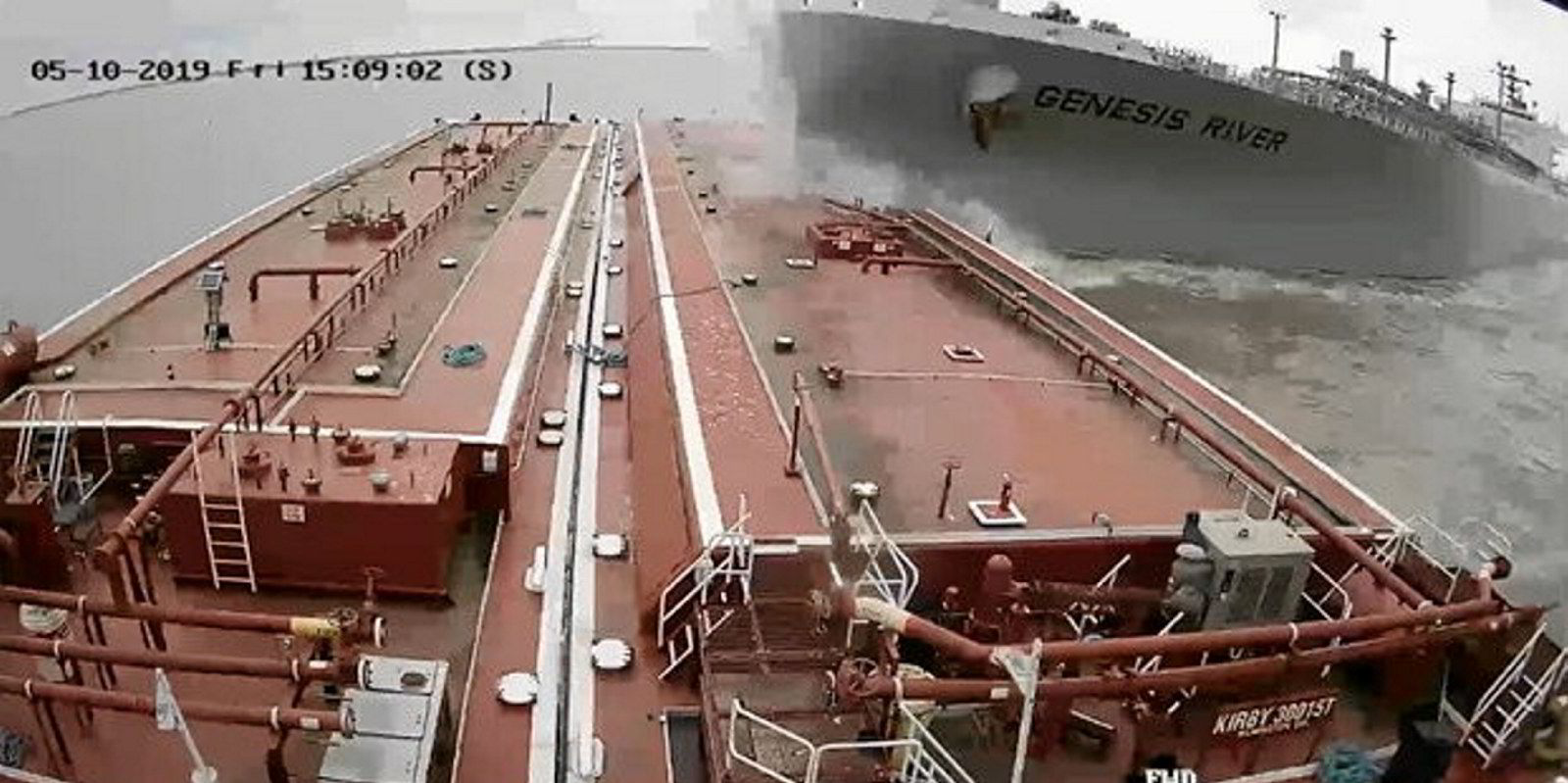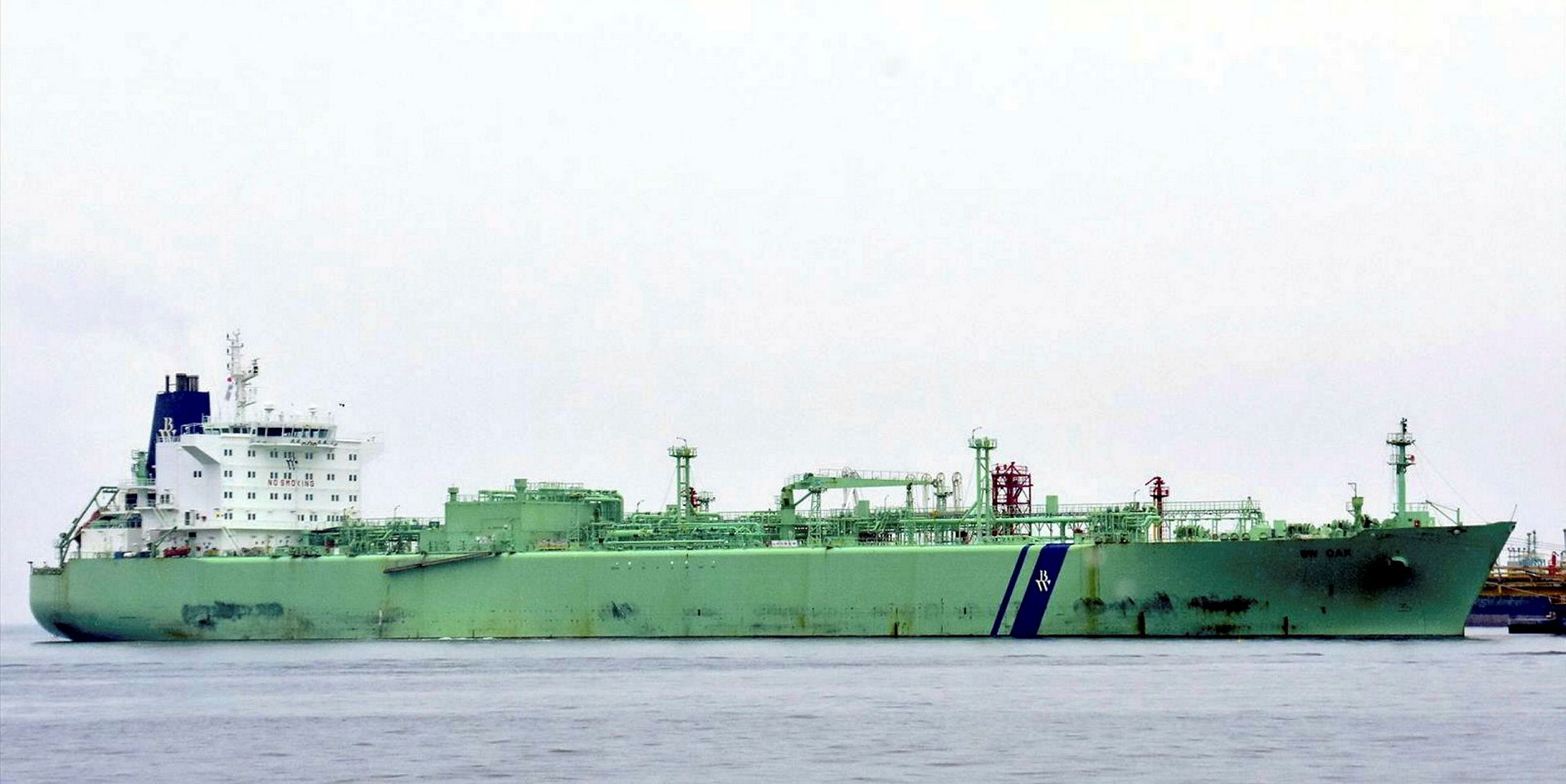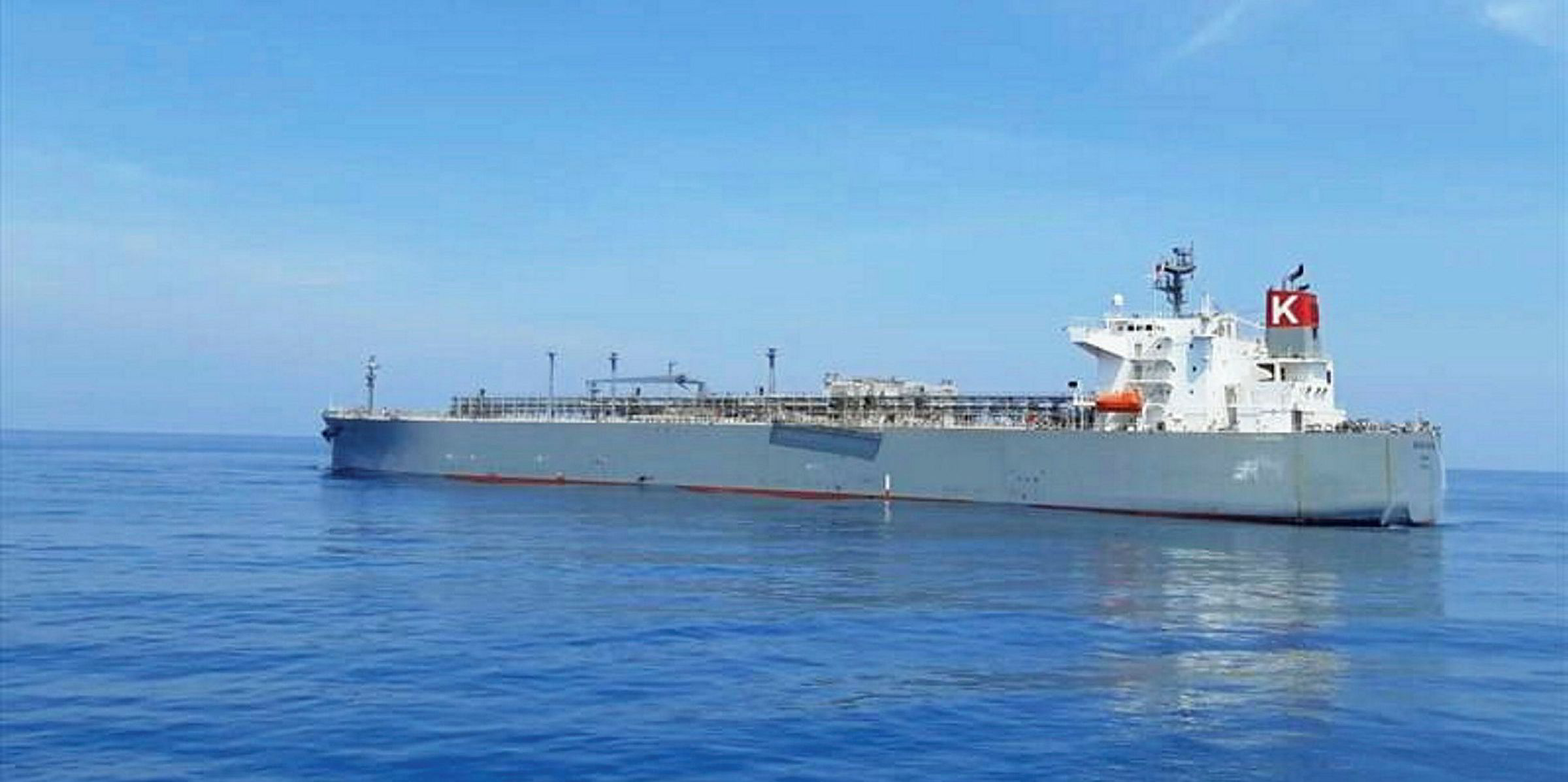A K Line VLGC that collided with a tug in the Houston Ship Canal two years ago was “100% at fault” for the collision, a US judge has ruled.
In May 2019, the 82,400-cbm Genesis River (built 2018) attempted to pass the tug Voyager, which was pushing two barges loaded with reformate, a gasoline-blending stock.
The collision caused one barge to capsize and the other to hemorrhage 400,000 gallons of reformate into Galveston Bay.
The resulting spill, in turn, caused environmental damage that led to an abundance of third-party claims as well as disrupting movements in the Houston Ship Channel for up to five days.
In the aftermath of the crash, Kirby sued K Line, which in turn blamed a BW Group VLGC — the 82,300-cbm BW Oak's (built 2008) — for the crash.
In its lawsuit, Kirby said the Genesis River changed direction twice before colliding with its tug and barges.
K Line claimed the BW Oak was travelling too fast and forced the Genesis River to change direction.
However, the Texas court found that the Genesis River caused the collision by violating three inland navigation rules that govern vessels navigating on the inland waters of the US.
The ship was also found to be operating at 12 knots, four knots above the voyage plan’s maximum proposed speed, failed to make use of its radar and electronic chart display and information system, and failed to maintain a position “as near to the outer edge of the channel ... as is safe and practicable,” according to the court.
“Had the Genesis River travelled at a safe speed, she could have at least partially abated the hydrodynamic forces she encountered, widened her margin of error, and gained more time to take evasive action."
The Genesis River interests are liable to Kirby for $17.4m in collision and response damages, judge Jeffery Vincent Brown said.
He added that the damages of the third-party claimants would be determined separately.
The court apportioned no negligence to either the Voyager or the BW Oak, and concluded that neither violated any inland navigation rules.





